ESRS and GRI Standards for sustainability reporting: Is alignment achieved?
- August 20, 2024
- 6 minutes
In this insight:
ESRS started to apply to the first companies in scope of the CSRD as of financial year 2024
GRI and ESRS Standards: A high degree of interoperability has been achieved
Are the ESRS aligned with existing sustainability reporting requirements?
How do the different approaches to materiality used in the ESRS and GRI Standards fit together?
Does CSRD and ESRS reporting affect companies outside the EU?
Expert support and tools for your company’s sustainability reporting
The EU Corporate Sustainability Reporting Directive (CSRD) now mandates comprehensive disclosure requirements for tens of thousands of companies, compelling them to publish reports aligned with the European Sustainability Reporting Standards (ESRS).
With the Global Reporting Initiative (GRI) Standards already established as the most widely used framework for sustainability reporting, numerous organizations that currently report their impacts using GRI standards are analyzing the implications of these new standards.
In this article, we look at the progress made towards alignment between these sustainability reporting standards and what it means for sustainability data reporters.
ESRS started to apply to the first companies in scope of the CSRD as of financial year 2024
The Corporate Sustainability Reporting Directive (CSRD) disclosure requirements initially applies to 42,500 companies as of January 2024. This includes large companies in the EU and those listed on European stock exchanges.
Starting on January 1, 2026, large companies covered by the CSRD will be required to publish disclosures aligned with the ESRS for the 2025 financial year. The ESRS will apply to in-scope companies operating within the EU, following the initial implementation phase for the largest companies.
While their larger counterparts are already in the midst of preparing reports for the 2024 financial year to be released in 2025, companies covered in the second phase-in (1 January 2026) still have some time to prepare. These companies are those with an average of 250 employees during the financial year and a net turnover of €50 million or more.
Currently, the GRI Standards are the most widely used sustainability reporting framework among European companies. The ESRS requires reporting on all material impacts, risks, and opportunities. In areas where the ESRS lacks coverage, such as tax or sector-specific standards, companies can utilize GRI reporting to fill those gaps and ensure full compliance.
GRI and ESRS Standards: A high degree of interoperability has been achieved
The ESRS are, as much as possible, fully aligned with the GRI Standards. The high degree of interoperability between the ESRS and GRI Standards was confirmed in a joint statement issued by EFRAG and GRI in September 2023.
This means GRI reporting is highly relevant for companies seeking to comply with the impact requirements of the ESRS – both now and in the future.
The GRI and Sustainability Reporting in the EU Q&A sets out:
- The collaboration between GRI and EFRAG will result in 42,500 companies publishing impact reports through the ESRS, aligned with GRI Standards.
- Various resources, such as an interoperability index, a full mapping table, training courses, and reporting services, have been made available to help GRI reporters comply with CSRD requirements.
- A renewed Memorandum of Understanding (MoU) between GRI and EFRAG is fostering a deeper phase of cooperation on standard setting, along with a commitment to further capacity building.
- GRI’s global relevance is strengthened through collaboration with the International Sustainability Standards Board (ISSB), complementing jurisdictional reporting requirements.
- The integration of GRI Standards, ESRS, and IFRS Sustainability Disclosure Standards is being addressed, including their differing approaches to materiality.
- Launched in July is a new GRI-ESRS Linkage Service that offers feedback to reporting organizations on how to align a GRI sustainability report with the ESRS
- A new series of GRI Academy training courses specifically focused on the ESRS will become available this year
Are the ESRS aligned with existing sustainability reporting requirements?
As mentioned earlier, since January 2024, the ESRS have set the framework for sustainability reporting in Europe. This change comes with the Corporate Sustainability Reporting Directive (CSRD) enforcing the first 12 European ESRS, aiming to standardise and enhance the transparency of environmental, social, and governance (ESG) reporting across the continent.):
- The first set of 12 ESRSs cover: general principles for sustainability reporting (ESRS 1);
- Overarching disclosure requirements (ESRS 2); and
- Specific disclosure requirements focused on 10 environmental (ESRS E1–E5), social (ESRS S1–S4) and governance (ESRS G1) topics.
Here, we also provided the breakdown of the ESRS Standard, explained more regarding ESRS and double materiality assessment, and more.
The ESRS was developed by the European Financial Advisory Group (EFRAG) and adopted as a delegated act by the European Commission on July 31, 2023. The development of the ESRS is based on two elements:
- Consistency with existing reporting recommendations and standards
The ESRS reporting requirements are aligned with the GRI standards to ensure a high level of interoperability with other international frameworks. Additionally, EFRAG collaborates closely with the International Sustainability Standards Board (ISSB) to harmonize the ESRS with the IFRS Sustainability Disclosure Standards.
- Alignment with legal EU frameworks
The ESRS reporting areas are designed to be coherent with other EU frameworks and legislation, such as the EU Taxonomy and Sustainable Finance Disclosure Regulation (SFDR), creating a unified reporting landscape that supports the objectives of the EU Green New Deal and Sustainable Finance Framework.
How do the different approaches to materiality used in the ESRS and GRI Standards fit together?
The CSRD has a double materiality perspective, requiring companies to report on risks and opportunities for the business and impacts on the wider world. The GRI Standards address impact materiality on sustainability issues to meet the needs of all stakeholders. Important to note that the ISSB standards, in its turn, focus on financially material information for investors.
Does CSRD and ESRS reporting affect companies outside the EU?
The CSRD will be extended from 2028 to include large companies outside the EU with EU operations or subsidiaries.
In particular, from 2028, the CSRD will also apply to non-EU companies with a turnover above €150 million in the EU and an EU branch office with a turnover of at least €40 million, or a large or listed EU subsidiary. These companies will only have to supply impact-related information, for which a special standard will be developed.
GRI is promoting the recognition of equivalence between the EU reporting framework and the reporting frameworks of jurisdictions that have adopted GRI standards. Given EFRAG’s commitment to closely align the ESRS with the GRI Standards, companies worldwide that already use GRI will be well-prepared to comply with future CSRD requirements.
Expert support and tools for your company’s sustainability reporting
Are You Prepared to Meet CSRD and ESRS Requirements?
BR-AG experts are here to guide you every step of the way, equipping you with the necessary expertise and software to ensure compliance.
The reporting journey engages more than one department or expert in the reporting company and requires not only regulatory and business but also technical understanding of the reporting requirements.
From compliance experts, through analysts and project managers responsible for specific areas of the company’s operations contributing to and impacting the environmental, social and governance areas, down to data and IT departments tasked with data management and ensuring that adequate systems and tools are in place (including specific tools like iXBRL reporting ones).
Responding to the needs of companies preparing to report according to ESRS or already creating their reports, BR-AG provides expert services that comprise workshops and trainings, gap analysis, assessment of applicability & materiality, collecting the data to be reported, preparing the Sustainability statement in compliance with ESRS Taxonomy and Article 8 (as applicable), and more.
Download our detailed offering to understand how BR-AG services and tools fit your sustainability reporting use cases.


Let’s connect to support and refine your sustainability reporting processes.
Talk to our experts to identify the best solutions for your sustainability reporting in compliance with CSRD, ESRS, and GRI standards:


